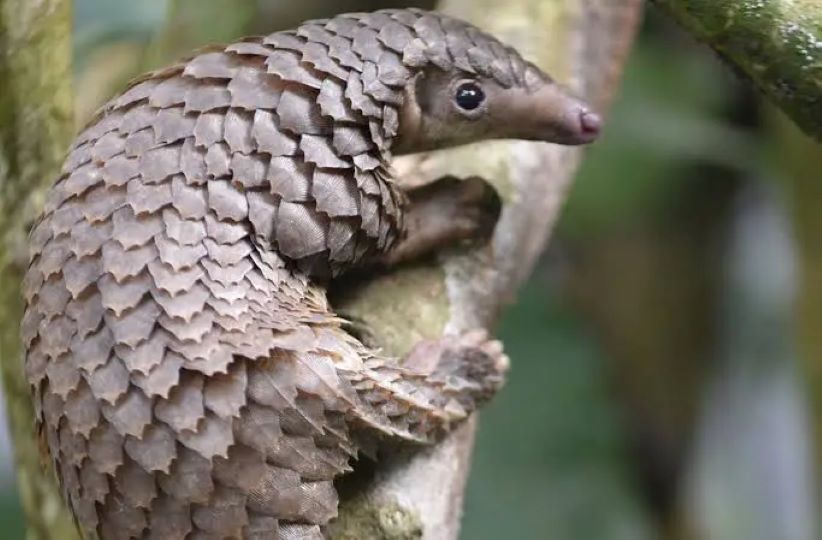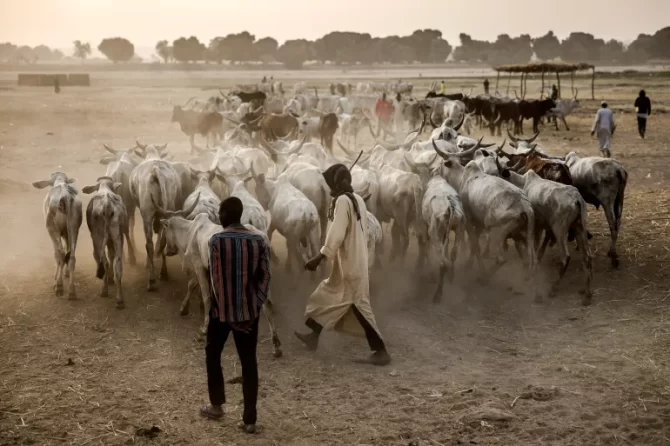Can Nigeria Help Save the Pangolins Amid a Global Wildlife Crime Crisis?
Nigeria has emerged as a pivotal battleground in the fight to save pangolins, the world’s most trafficked mammal, with a major crackdown on April 7, 2025, netting five arrests and 3.7 tonnes of pangolin scales in Lagos. Once a hub for illegal wildlife trade, the country is stepping up enforcement to curb a $20 billion global trafficking industry threatening the scaly anteaters with extinction. As Asian demand drives the slaughter of over 195,000 pangolins annually, Nigeria’s bold moves signal hope—but can it outpace the crisis gripping Africa’s biodiversity as of April 11, 2025?
Lagos Bust Signals Resolve
On April 7, Nigeria Customs Service, backed by international intelligence, raided a Lagos market, seizing 3,765 kilograms of pangolin scales—equivalent to roughly 1,900 slain animals—and arresting five suspects, including a suspected Chinese trafficking kingpin. “This sends a clear message: Nigeria won’t be a safe haven for wildlife criminals,” said regional customs chief Michael Awe. The operation, one of the largest in 2025, follows a February arrest linked to 16,000 pounds of scales, showing a shift from low-level busts to targeting syndicate leaders.
Pangolins Under Siege: A Global Crisis
Pangolins, shy creatures that curl into armored balls when threatened, face annihilation due to demand for their scales and meat, falsely believed to have medicinal value in Asia. Three of eight species are critically endangered, per the IUCN Red List, with Africa’s four species—black-bellied, white-bellied, giant, and ground—hit hardest as Asian populations dwindle. Nigeria, once a trafficking epicenter, saw 51 tons of scales seized globally in 2019, 60% traced to its ports. “The trade’s scale is staggering—hundreds of thousands of pangolins die yearly,” noted a wildlife expert, highlighting the $20 billion industry’s toll.
Nigeria’s Turnaround: Enforcement Ramps Up
Nigeria’s pivot is gaining traction. Since burning 4 tonnes of scales in 2023, the country has tightened laws and trained officers with help from groups like the Wildlife Justice Commission. A 2024 national strategy and Wildlife Law Enforcement Task Force have led to 1,613 tonnes seized and 14 arrests in 2022 alone. “We’re moving from transit hub to enforcement leader,” said a customs official. Partnerships with Kenya, Uganda, and Tanzania via programs like IFAW’s DISRUPT workshops bolster cross-border efforts, while prosecutions—rare before 2020—are rising, with two traffickers jailed for four years in 2023.
Challenges Persist: Demand and Corruption
Despite progress, hurdles loom. Asian markets, especially China and Vietnam, drive relentless demand, with scales fetching $250 per animal versus $15 locally. Corruption and underfunded agencies slow prosecutions, and porous borders let traffickers slip through. “Low-level poachers are caught, but big players often evade us,” admitted a Lagos officer. Social media amplifies the fight—#SavePangolins hit 30,000 posts by April 11—but some Nigerians lament focus on wildlife amid economic woes like N950/litre fuel. “People are hungry; pangolins feel distant,” said a Kano trader.
Hope for Pangolins: Nigeria’s Role Grows
Nigeria’s efforts ripple globally. The Lagos bust, paired with Gabon and Cameroon’s Operation Pangolin, could disrupt trafficking routes if sustained. Conservationists urge more—community education, stricter Asian import bans, and tech like AI to track shipments. “Nigeria’s showing it can lead, but it needs global support,” said a Wildlife Conservation Network spokesperson. With pangolins protecting forests by eating 70 million insects yearly, their survival matters beyond borders. Can Nigeria tip the scales for these elusive creatures, or will trafficking prevail?

















